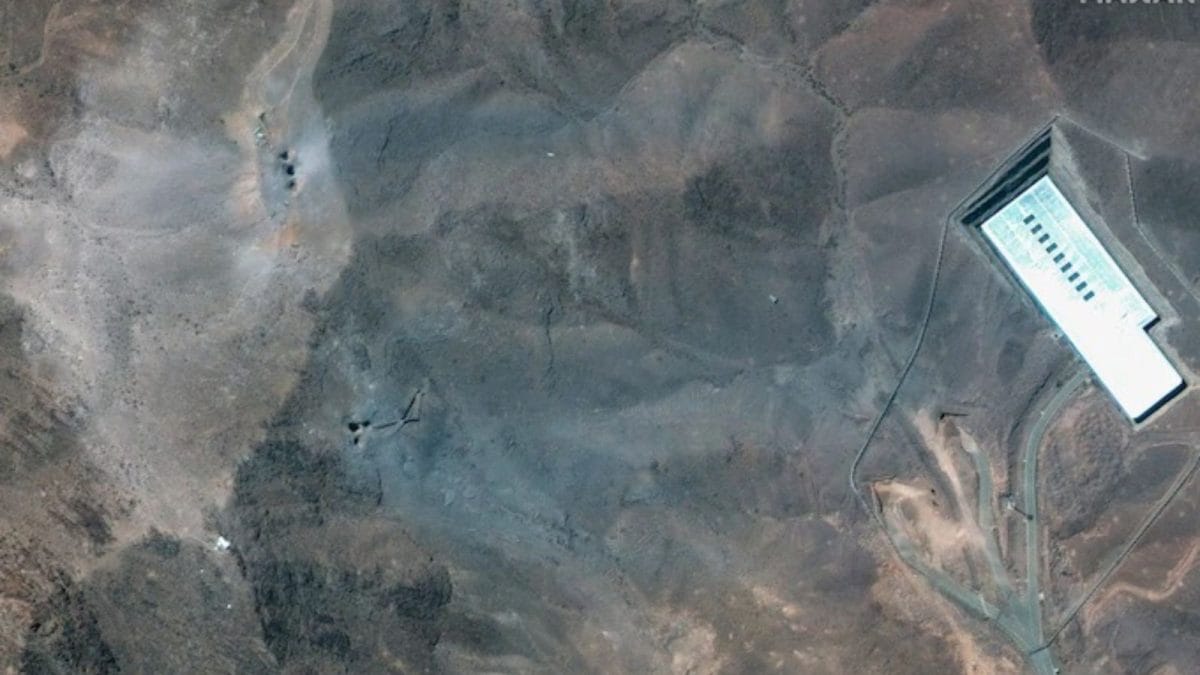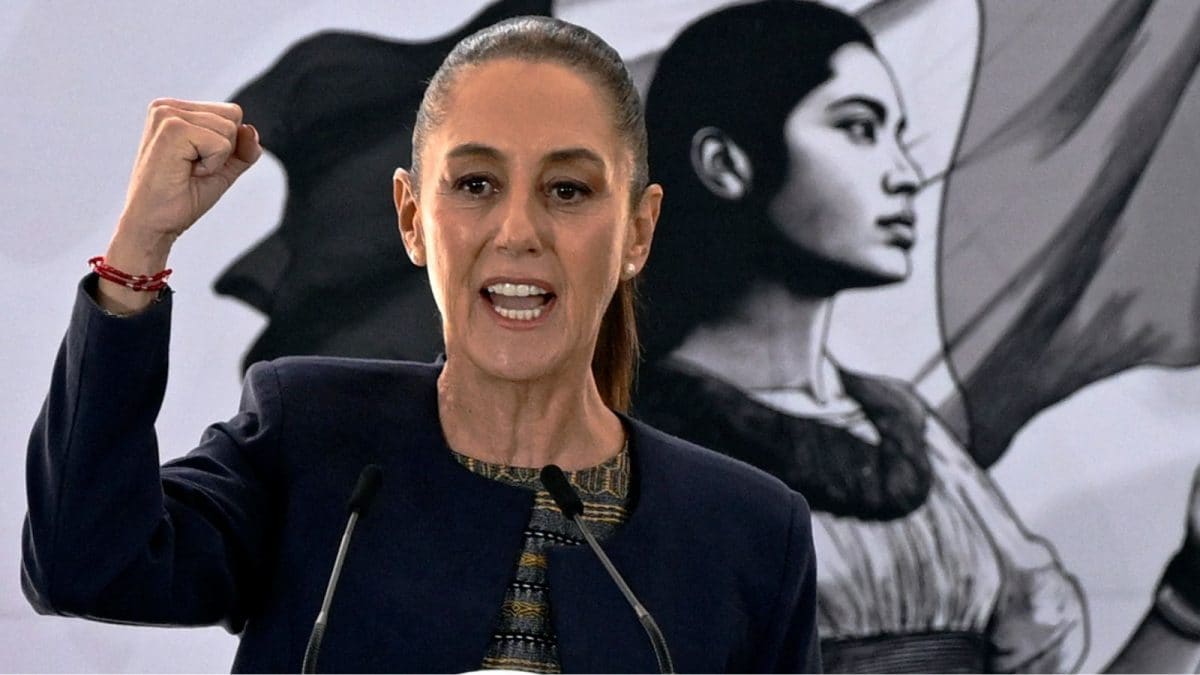ARTICLE AD BOX
Last Updated:July 04, 2025, 17:03 IST
Born on July 4, 1898, Gulzarilal Nanda was one of those rare individuals who not only wrote history but lived it without ever seeking credit

Gulzarilal Nanda became the Labour Minister in 1946, where he pioneered the historic Labour Dispute Bill. (News18 Hindi)
In the pantheon of Indian leaders, some names glow under the spotlight of history, while others stand quietly in its shadow. Gulzarilal Nanda, country’s two-time acting Prime Minister, belonged firmly to the latter. Revered during crises but largely overlooked in peacetime, Nanda’s life was not one of pomp or publicity; it was of silent sacrifice, principles, and Gandhian simplicity.
A man who twice held the reins of the world’s largest democracy during its most uncertain hours, Nanda was later evicted from his rented house in old age for failing to pay rent. “He had only a few utensils, a bed and a bucket," a journalist later wrote, describing the moment neighbours intervened as the landlord forced him out. It was a haunting image of a leader who once sat at the highest table in government, now abandoned by the systems he had helped build.
The news shocked the nation. A reporter’s story made it to the front page, and within hours, officials from the Prime Minister’s Office rushed to his aid, offering a government house and state facilities. But he turned them away with the same firmness he showed during India’s freedom struggle. “I had refused the freedom fighter’s allowance because I had sacrificed for the country, not for profit. What will I do with government facilities at this age?" he said, quietly but firmly.
Who Was Gulzarilal Nanda?
Born on July 4, 1898, in Sialkot, Punjab province (now in Pakistan), Gulzarilal Nanda was one of those rare individuals who not only wrote history but lived it without ever seeking credit. A Gandhian to the core, he worked as a professor of economics before diving headlong into the freedom movement. He left his post at National College, Mumbai in 1921 to join the non-cooperation movement and went to jail during the 1932 and 1942 freedom struggles. His political journey was deeply rooted in labour activism. For over two decades, he was the secretary of the Ahmedabad Textile Labour Association, fiercely advocating for workers’ rights.
By 1937, he was elected to the Bombay Legislative Assembly and became the Labour Minister in 1946, where he pioneered the historic Labour Dispute Bill. His roles spanned from the National Planning Committee to being Vice Chairman of the Planning Commission, where he laid the foundation for India’s five-year plans.
Nanda’s defining political moments came not through electoral victories or cabinet showdowns, but when the country stood shaken. When former PM Jawaharlal Nehru passed away on May 27, 1964, and later when Lal Bahadur Shastri died in Tashkent on January 11, 1966, Nanda was chosen both times as acting Prime Minister, a testament to the trust he commanded across party lines.
His interim terms may have been brief, but they reinforced a powerful message: that Indian democracy, even in its most fragile moments, could still be handed over to the hands of a principled man, someone who embodied continuity, dignity, and calm leadership.
In 1967, leaving behind his roots in Gujarat, Nanda made Kaithal in Haryana his new political home after winning the Lok Sabha seat. He soon turned his focus toward Kurukshetra, establishing the Kurukshetra Development Board, a move that would rejuvenate the city’s spiritual and cultural identity.
For the next 22 years, he served as its chairman, ensuring sites like Jyotisar, Sannihit Sarovar, Shri Krishna Ayurvedic College, and Pehowa received the care and recognition they deserved. Today, Kurukshetra’s standing as the cultural heart of Haryana owes much to Nanda’s untiring commitment.
In 1997, the government finally awarded him the Bharat Ratna award, the nation’s highest civilian honour. But the honour came late. A year later, on January 15, 1998, he passed away quietly, leaving behind no wealth, no real estate, no foundation in his name.
His last wish was poignant and symbolic, “Let my ashes remain in Kurukshetra." Fulfilling his request, his ashes were enshrined in the Gulzarilal Nanda Memorial, a humble structure that stands today not just as a tribute, but as a living testament to what honest public service can look like.
- Location :
- First Published:
News india This Former PM Was Evicted From His House Over Unpaid Rent, Yet Refused Govt Help



.png)
.png)
.png)
















 4 hours ago
5
4 hours ago
5








 English (US) ·
English (US) ·